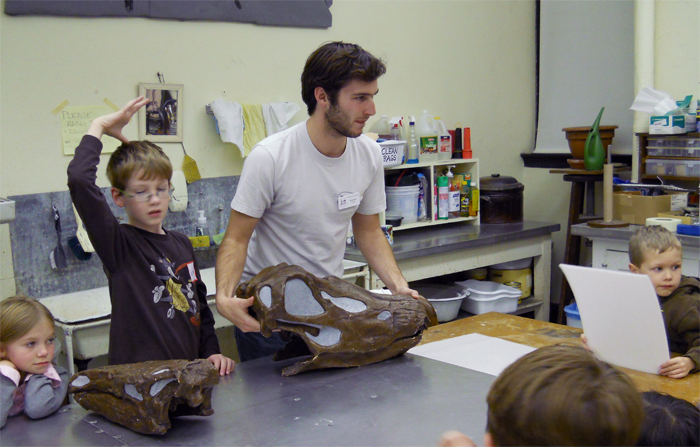
Like their peers nationwide, University of Iowa undergraduates are increasingly planning their coursework with an eye toward the job market, looking for ways to make their résumés and transcripts stand out amongst thousands of others flooding employers’ and graduate admissions offices.
Some students complete internships or assist faculty with research; others study abroad or become fluent in a second language—but UI students also have the opportunity to add credentials to their degrees by completing one of the university’s certificate programs.
“When most people hear about certificates, they think of teaching certification. Teaching certificates are actually licenses, whereas certificate programs allow students to pursue a separate area of interest in addition to a major and minor,” says Kathryn Hall, director of Curriculum and Academic Policy for the College of Liberal Arts and Sciences (CLAS).
Generally requiring a few more credit hours than a minor (18-24), a certificate program is a series of coursework organized around a specific area, such as aging studies, global health studies, entrepreneurial management, or sustainability. Where minor coursework tends to be concentrated in a single department, certificate coursework is interdisciplinary, combining courses from at least three departments across the university.
The museum studies certificate, for instance, comprises classes from the School of Art and Art History and the Departments of Anthropology and History in CLAS—as well as classes from the College of Law and the Tippie College of Business.
“The program has really allowed me to take a nice range of classes within the field,” says Andrew Blodgett, a senior from Dubuque, Iowa, who added the museum studies certificate to his geoscience major to learn more about museology, a field he plans to enter as a researcher, educator, or collector. “Certificates aren’t that huge of a class load and they look really good on a résumé.”
The College of Liberal Arts and Sciences administers 14 of the university’s 21 certificate programs, with the others housed in the Tippie College of Business, the College of Public Health, and University College—but a student from any UI college pursuing any major can enroll in any of the programs.
"The best thing about certificates is that you can really explore classes in other colleges and majors. They allow you to dip into what the university has to offer without quadruple majoring," says Stephanie Spencer, a senior enrolled in the college’s newest program, the certificate in writing.
Spencer adds the certificate to her English major to better prepare for a career in publishing—and she’s glad she did. “The writing certificate pushed me to go outside of the fine arts writing that I was doing and expand toward my goals as an editor."
For a complete listing of certificates offered by CLAS and other UI colleges, visit clas.uiowa.edu/departments-and-divisions/certificates. Students can declare their intention to pursue a certificate at the Academic Programs and Student Development Office in 120 Schaeffer Hall.